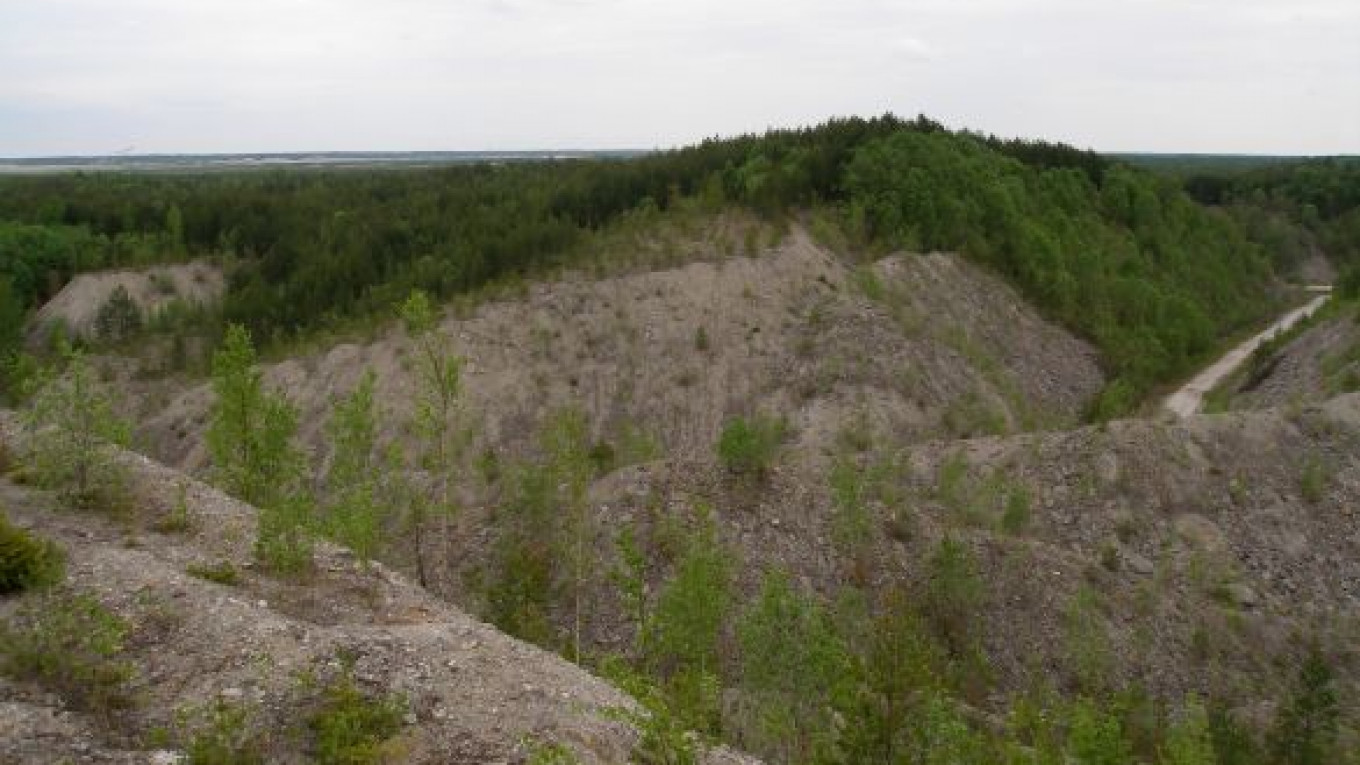WASHINGTON — A company from the former Soviet republic of Estonia is locked in a bid to mine massive oil shale resources in Utah, claiming it has the technology and know-how to recover 50,000 barrels of oil per day over the course of three decades.
"We're very confident we can do this in an environmentally responsible manner," Rikki Hrenko, chief executive officer of Enefit American Oil, a U.S.-based subsidiary of Estonian energy firm Eesti Energia, told the Salt Lake City newspaper Deseret News.
Enefit acquired the lease to a large tract of land in eastern Utah two years ago and is attempting to secure federal, state and local permits in an effort to produce its first oil from the project in 2020 and start full production in 2024, according to the Deseret News.
The company, which will hold public meetings in Salt Lake City this week to discuss building utility lines to support the project, is touting the economic boon that the venture will bring to the local economy in the form of revenues and jobs.
Opponents of the project in Utah, however, say they have serious concerns about the environmental damage that extracting the shale resources could have on the state's geology, air and water resources.
"What are the potential impacts on existing business? What are the potential impacts on human health and the environment, on the ability of the state to ensure that water will be available?" David Abelson, an oil shale policy adviser with the environmental group Western Resource Advocate, told the Deseret News.
Enefit plans to develop the oil by strip mining and heating kerogen-bearing ore, which releases greenhouse gases into the atmosphere, The Salt Lake Tribune reported. The company also plans to use water primarily to keep dust at bay but says its water-use will be moderate and conservation-minded.
"All the water will be re-used," Hrenko told the Deseret News.
Enefit also claims that its process will also see the land's original topography restored after mining of a given area is completed.
The mining of oil shale in Estonia dates back nearly a century and continued during the five decades of Soviet control over the Baltic nation. Shale oil accounts for more than 90 percent of the country's power, according to a 2007 by the European Academies Science Advisory Council.
A Message from The Moscow Times:
Dear readers,
We are facing unprecedented challenges. Russia's Prosecutor General's Office has designated The Moscow Times as an "undesirable" organization, criminalizing our work and putting our staff at risk of prosecution. This follows our earlier unjust labeling as a "foreign agent."
These actions are direct attempts to silence independent journalism in Russia. The authorities claim our work "discredits the decisions of the Russian leadership." We see things differently: we strive to provide accurate, unbiased reporting on Russia.
We, the journalists of The Moscow Times, refuse to be silenced. But to continue our work, we need your help.
Your support, no matter how small, makes a world of difference. If you can, please support us monthly starting from just $2. It's quick to set up, and every contribution makes a significant impact.
By supporting The Moscow Times, you're defending open, independent journalism in the face of repression. Thank you for standing with us.
Remind me later.






